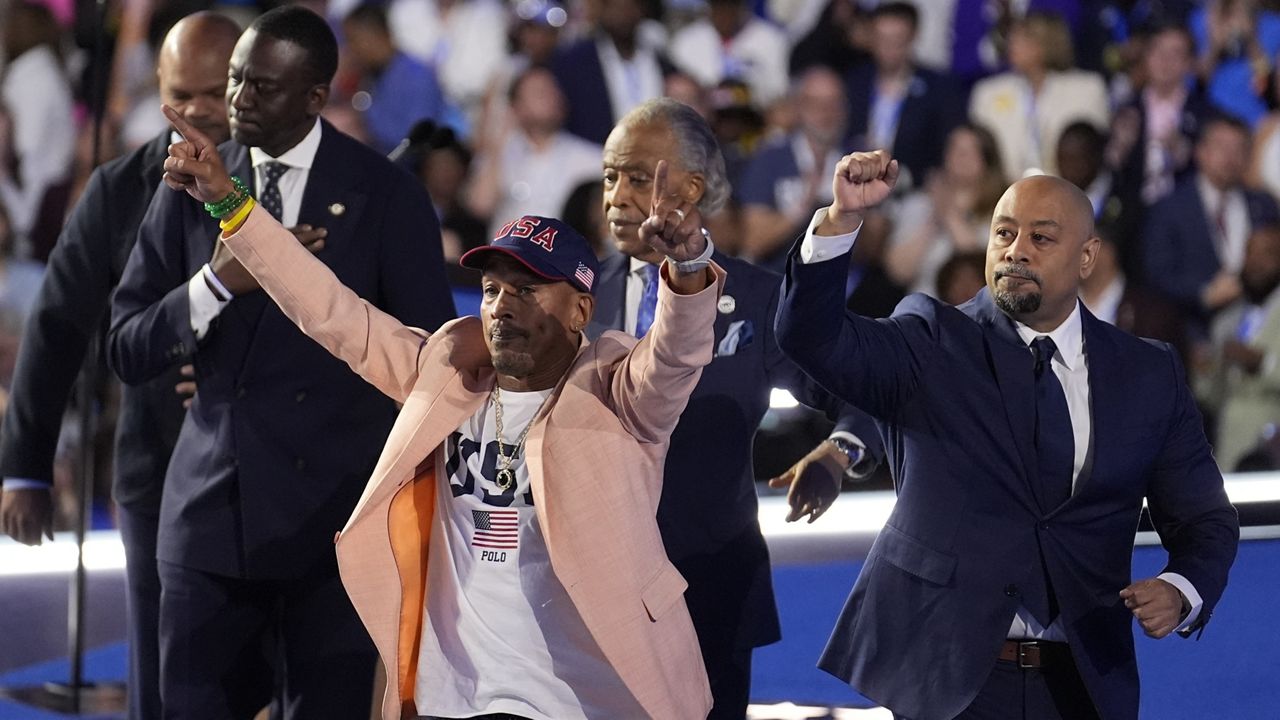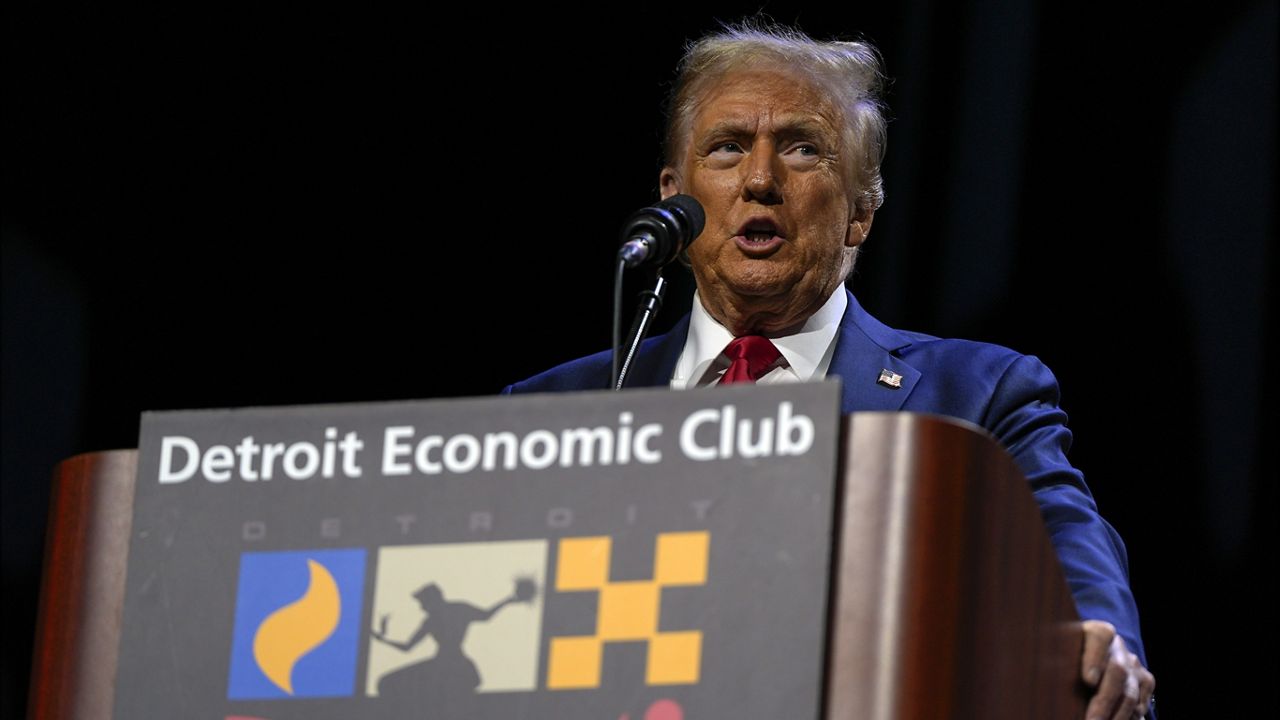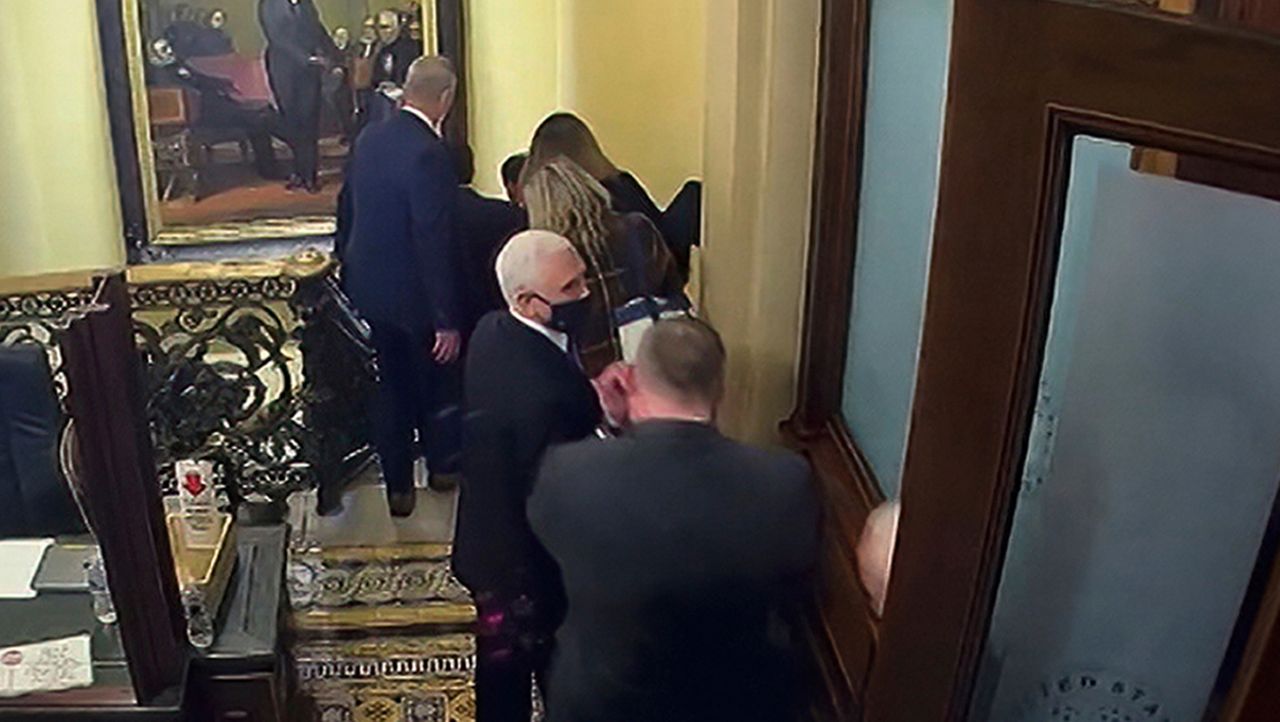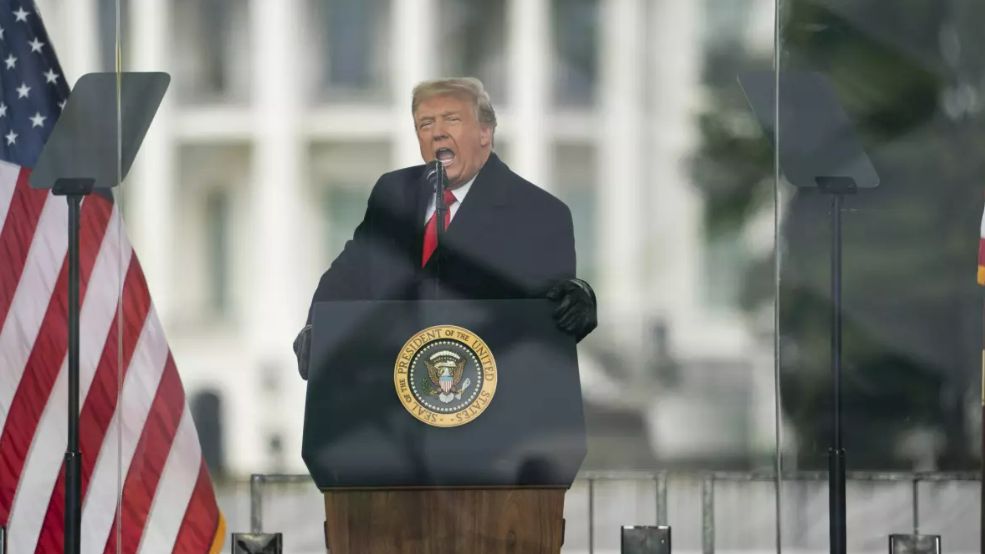The U.S. Supreme Court will weigh whether former President Donald Trump is immune from prosecution in the federal election subversion case against him, a move which will no doubt delay the already postponed trial even further.
The former president faces four felony counts in the case, which alleges that he sought to overturn the results of the 2020 election in order to remain in office, including conspiracy to defraud the United States and obstruction. Trump, who is far and away leading the race for the Republican presidential nomination, pleaded not guilty and has decried the prosecution as politically motivated.
The nation's highest court agreed to take up the case on Wednesday. Oral arguments will begin the week of April 22; a ruling could come as soon as the summer.
The case was originally set to go to trial on March 4, but it was delayed after Trump sought to dismiss the case, arguing that he cannot be prosecuted for acts undertaken while serving as president. Lower courts have quickly rejected those claims.
"For the purpose of this criminal case, former President Trump has become citizen Trump, with all of the defenses of any other criminal defendant," the appeals court ruling read. "Former President Trump lacked any lawful discretionary authority to defy federal criminal law and he is answerable in court for his conduct."
Trump and his attorneys have sought to delay the case until after the election, while special counsel Jack Smith, who brought the case against the former president, has sought a speedy trial.
The order from the court, which was unsigned, said that the justices will weigh the following question: "Whether and if so to what extent does a former President enjoy presidential immunity from criminal prosecution for conduct alleged to involve official acts during his tenure in office."
The high court has long held that presidents are shielded from civil liability after leaving office, but it's unclear if those protections extend to criminal charges. Trump is the first ex-president to face criminal charges.
In a statement, Trump charged that without immunity, "a President will not be able to properly function, or make decisions, in the best interest of the United States of America."
"Presidents will always be concerned, and even paralyzed, by the prospect of wrongful prosecution and retaliation after they leave office," he claimed, later adding: "A President must be free to make proper decisions. His mind must be clear, and he must not be guided by the fear of retribution!"
The case is one of four against the former president. Trump faces a separate election interference case in state court in Georgia. He also faces a federal case in Florida, also brought by Smith, accusing the former president of mishandling classified documents at his Mar-a-Lago resort and hampering the government's efforts to retrieve them, and a trial set to begin next month in New York over alleged hush money payments to an adult film star during the 2016 presidential election. He has pleaded not guilty to all of the 91 felony charges against him.
A New York judge recently ordered Trump to pay $464 million following a civil business fraud trial. An appeals judge earlier Wednesday denied Trump's request to delay collection of the penalty pending appeal. He was also ordered last month to pay more than $83 million to writer E. Jean Carroll for defaming her after she accused him of sexually assaulting in the 1990s, in addition to $5 million he was previously ordered to give her in a separate trial last year.
The Supreme Court is also weighing a separate case about whether Trump can remain on the ballot in Colorado. Conservative justices expressed skepticism during oral arguments earlier this month that the state has the authority to remove Trump from the state’s ballot over his actions leading up to the Jan. 6, 2021, riot at the U.S. Capitol.









